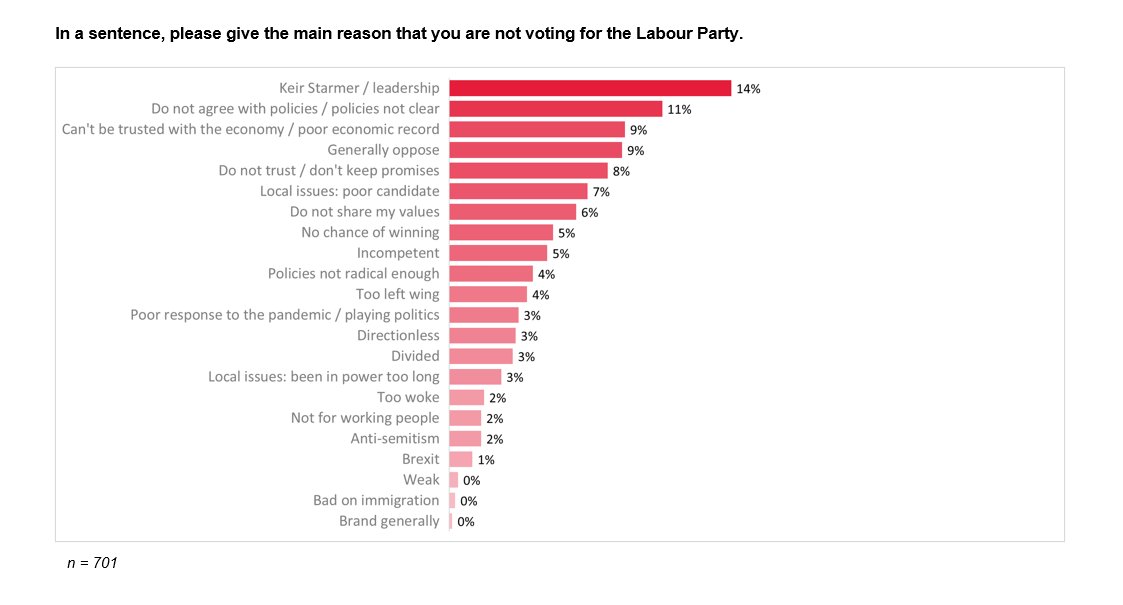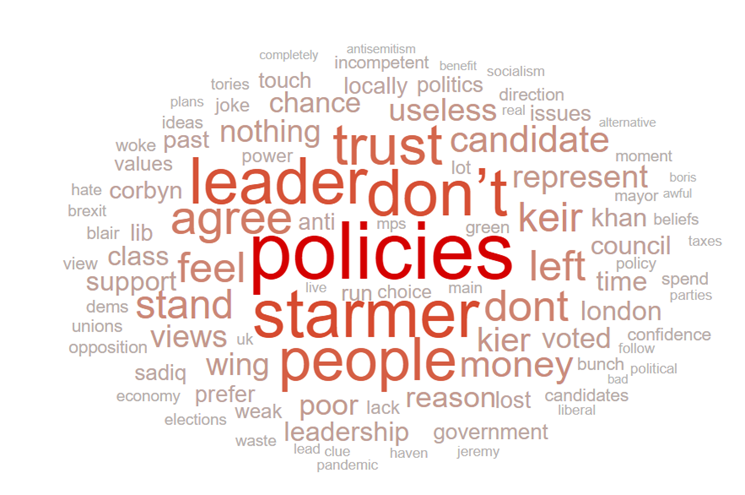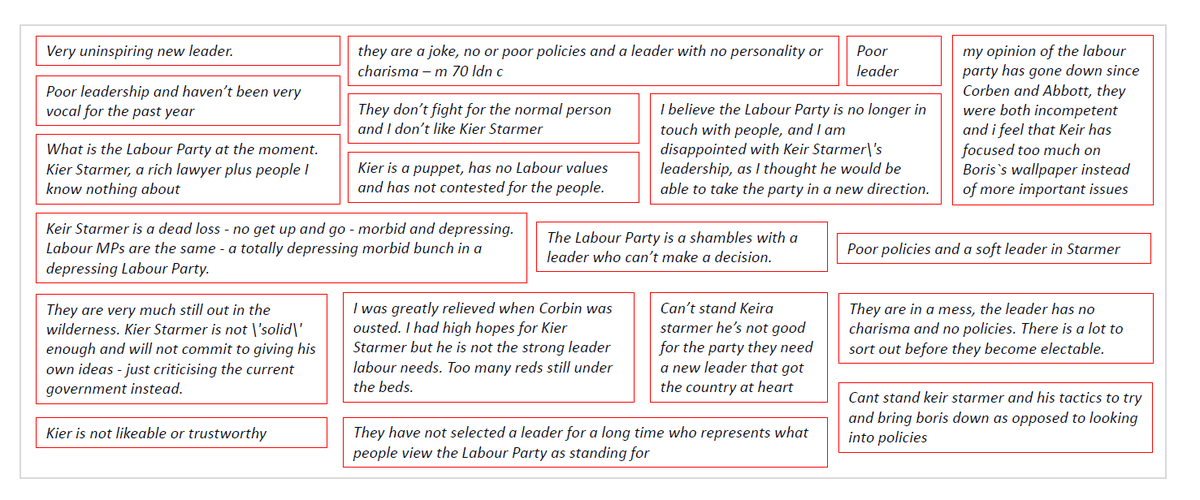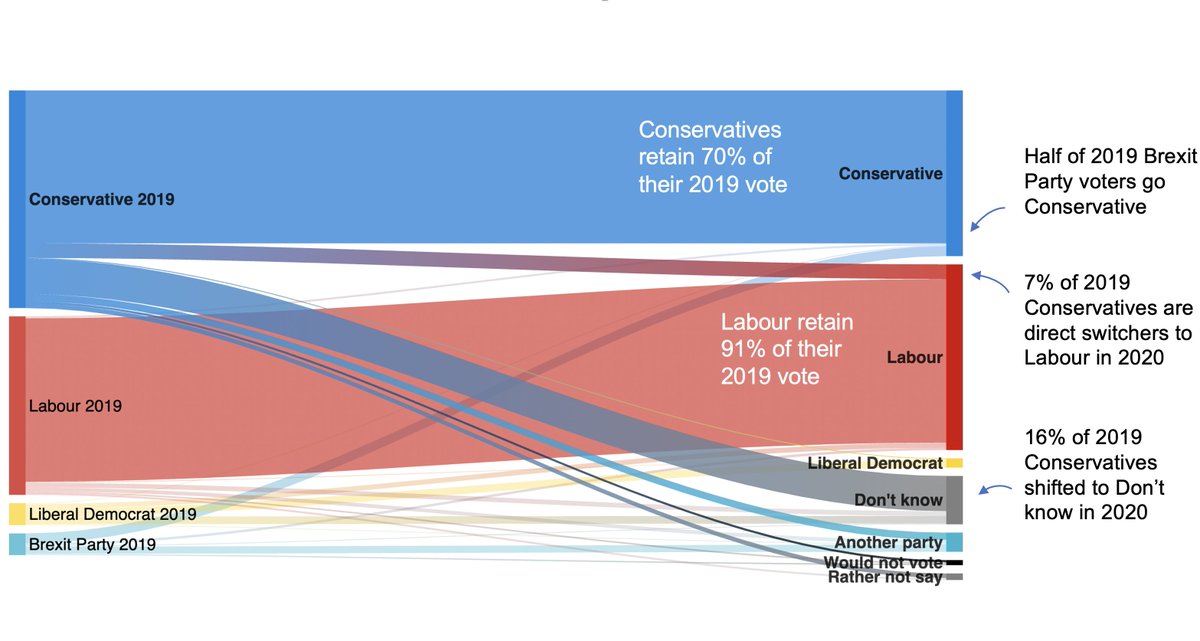
New Covid polling by @kekstcnc in @thesundaytimes - all fieldwork after the PM’s press conference.
Despite the spread of omicron, the public remain opposed to pub/restaurant closures, any ban on Christmas mixing - and are split on rule of six. thetimes.co.uk/article/how-ba… (1/6)
Despite the spread of omicron, the public remain opposed to pub/restaurant closures, any ban on Christmas mixing - and are split on rule of six. thetimes.co.uk/article/how-ba… (1/6)

People have become slightly more likely to want the government to prioritise curbing Covid over protecting the economy since November, but the gap remains much smaller than during the rest of the pandemic. (2/6) 

Despite warnings, the public have become *more* likely to think the NHS will cope well this winter compared to a month ago.
Our focus groups suggest this is because the idea the variant is more mild has cut through.
This finding I imagine would worry Chris Whitty. (3/6)
Our focus groups suggest this is because the idea the variant is more mild has cut through.
This finding I imagine would worry Chris Whitty. (3/6)

Just 15% of people say the government is under-playing omicron, 28% that it’s over-hyping, and 43% that it has got the balance right at the moment.
Broadly it seems people are happy with the govt’s current approach, as I say in the piece. 👇(4/6)
Broadly it seems people are happy with the govt’s current approach, as I say in the piece. 👇(4/6)

What strikes me overall is the lack of change amongst the public since omicron has arrived and spread. For some - especially the scientists - that’s potentially cause for great concern about how seriously the public are taking it. For others, it will be welcome news. (5/6)
This could of course change fast - the lesson of the pandemic has been that the public can be led by government. But at the moment the public are becoming more cautious, but are broadly supportive of the current balance. Full piece by @tomhcalver here: thetimes.co.uk/article/how-ba… 6/6
• • •
Missing some Tweet in this thread? You can try to
force a refresh










